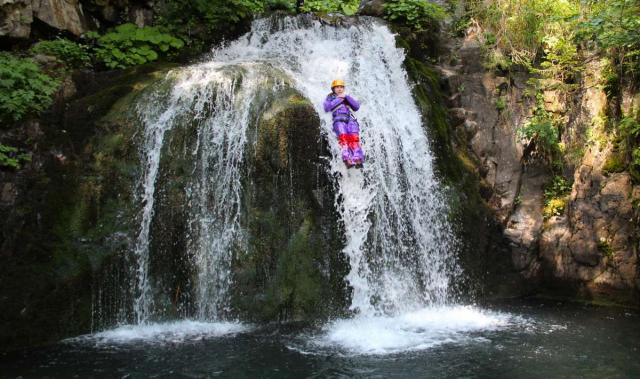An international school trip is so many things: Fun, educational, inspiring, an opportunity for adventure … but it’s also an unfamiliar situation for students. Teachers know all too well how activities with a group of children and teenagers can become risky, and the elements of international travel definitely make that even more possible. So, how can you prioritize safety in every aspect of your educational tour abroad? Consider using these tips to keep every member of your group safe, healthy, and happy.
School Trip Safety Tips to Know Before You Go Abroad
Implement an “In Case of Emergency” Protocol

“Be prepared” is the Girl Scout motto for a reason – when you’re prepared to handle any situation, it becomes significantly less stressful. Design a protocol for possible emergencies that may come up, whether it’s handling medical issues or dealing with passport problems. A school operator like Travel For Teens can help advise you on creating and implementing such a protocol!
Establish Trip Rules and Guidelines Beforehand

Make sure students and parents alike are familiar with the trip rules – and the consequences for violating them. When you’re in an unfamiliar situation like traveling abroad, rules are more crucial than ever to maintain a safe environment.
Do Your Research on Local Laws

A new country means different laws. Do your research beforehand and share it with the group so no one is surprised by any specific guidelines they should be following while on the trip. If you’re traveling with an older group, it’s a good idea to do a refresher on laws around alcohol age limits as well, and discuss this with parents.
Similarly, you’ll want to research well-known local scams or possible safety threats so you’re aware of any dangerous situations. Knowledge is crucial for avoiding any travel hazards.
Examine COVID-19 Rules and Restrictions

The COVID-19 pandemic continues to be a problem worldwide, which can have ramifications on your travels. For example, some countries require negative tests to enter, while other areas will request a vaccine passport for activities like dining in restaurants. Mask guidance varies from destination to destination, too.
Make sure you do your research beforehand so no one is blindsided by COVID-19 restrictions, and so that every member of your trip feels comfortable. And keep in mind that depending on where you’re traveling, COVID-19 vaccines might not be the only ones travelers need to consider. Research required and recommended vaccines and medicines before you get to your destination.
Gather Emergency Contact Information

Every person on the trip should submit emergency contact information. You never know when a situation can arise! Similarly, it’s a good idea to learn your destination’s version of “911” and have an idea of where nearby hospitals and clinics are while you travel.
Have a Way for Parents to Stay Up to Date, Too

Naturally, parents are going to want to stay informed and connected with their children when they’re on such a major expedition. There are all kinds of creative ways to do this: Maybe you run a private Instagram page for the class, or send email updates. Tour providers like Travel For Teens may even handle all parent communication for you by not only sending daily email updates, but also taking photos throughout the trip and uploading them to an album for families to view. Parents love being able to follow along the journey with you!
Whatever you choose to do, make sure all students’ guardians can contact you if needed. Emergencies don’t just break out abroad; they can also occur at home, too. Communication between every party is key!
Create a Clear Itinerary
Another way to ensure parents feel informed about the trip? Create a comprehensive itinerary they can follow along with!
An itinerary allows students to know where they need to be and what they need to bring with them. This can come in handy if anyone gets separated from the group. Plus, it creates structure that keeps students engaged and together.
Learn Useful Phrases in the Native Language

More than ever, you’ll find that people who work in popular tourist destinations know at least some English. However, it should never be an expectation when you travel to a non-English speaking country that everyone will know how to communicate with you. If an emergency arises, that’s more than an inconvenience — it could turn serious fast.
Study some useful phrases in the native language and teach them to the group so everyone is prepared if help from others is needed.
Consider Travel Insurance

Let’s face it: Sometimes things just go wrong. But you shouldn’t have to be weighed down by any financial setbacks just because flight issues occurred or an activity vendor had to cancel. Thus, travel insurance is always a great idea when you go abroad. And while navigating insurance can seem like a daunting task, school tour operators like Travel For Teens are always happy to handle insurance policies for you!
Now that you are familiar with all of the safety tips, it’s also a good idea to familiarize yourself with the top rookie mistakes students tend to make while traveling abroad.


